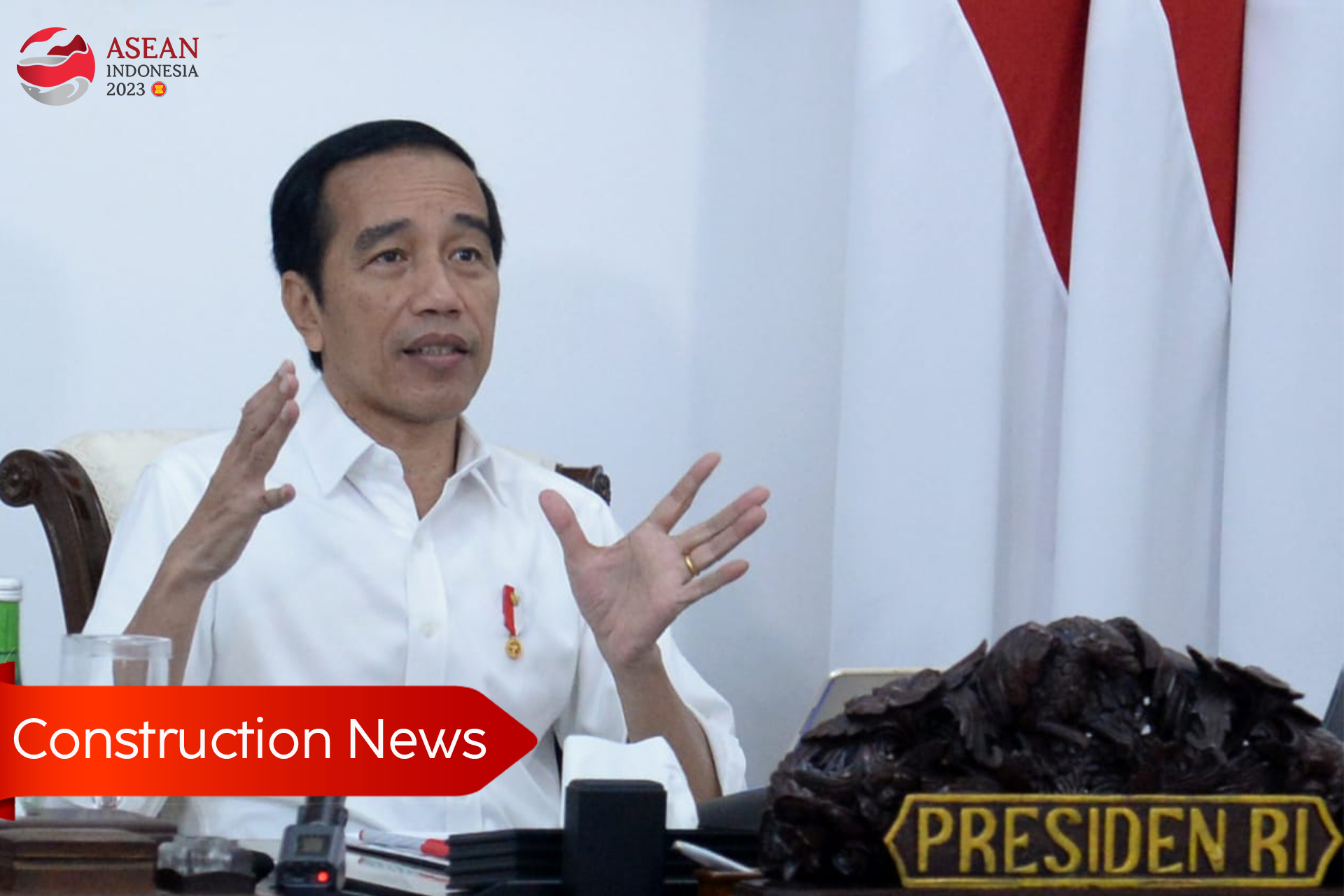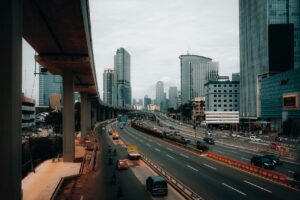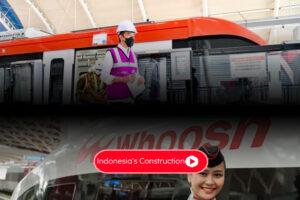President Joko Widodo, commonly known as Jokowi, has made infrastructure development a key priority in his government. Under his leadership, Indonesia has implemented the National Strategic Projects (PSN) program, which aims to enhance economic growth, promote regional development, and improve the well-being of the population.
However, while significant progress has been made, challenges such as project delays and budgetary concerns remain. This article delves into the details of the PSN initiative, the current status of its implementation, and the efforts being made to address existing obstacles.
Infrastructure Development as a Key Focus
President Jokowi’s administration recognizes the critical importance of infrastructure development and has established the National Strategic Projects (PSN) program to address this need. The program, regulated by Presidential Regulations No. 3/2016, No. 58/2017, No. 56/2018, and No. 109/2020, encompasses a wide range of projects, including toll roads, railways, airports, ports, housing, energy, and agriculture.
Importance of PSN for Economic Growth and Social Development
The Indonesian government views the PSN as strategically vital for boosting economic growth, ensuring equitable development, enhancing the welfare of the population, and fostering regional progress. These projects aim to create job opportunities, facilitate efficient transportation networks, improve access to clean water and sanitation facilities, and promote industrial growth and tourism.
Status of National Strategic Projects
The PSN initiative comprises a total of 210 projects and 12 programs. According to Minister of Economic Affairs Regulation No. 21/2022, an estimated investment of Rp5,746.4 trillion is required to complete all PSNs.
The projects cover various sectors, with a significant focus on dams and irrigation (56 projects), roads (53 projects), and regional infrastructure (24 projects). Other sectors include energy and ports (16 projects each), railways (14 projects), clean water and sanitation (13 projects), airports and technology (6 projects each), housing (2 projects), and single projects in tourism, plantations, education, and coastal embankments.
Regional Distribution of PSNs
The majority of PSNs, totaling 83 projects with an investment of Rp2,072.2 trillion, are located in Java. Sumatra follows with 45 projects amounting to Rp834.2 trillion. Sulawesi has 25 projects worth Rp352.2 trillion, Bali and Nusa Tenggara have 18 projects worth 45.5 trillion, and Maluku, Papua, and Kalimantan have 15, 13, and 13 projects respectively, with investment values of Rp596.7 trillion, Rp238.1 trillion, and Rp238.1 trillion.
Progress and Challenges
The Committee for Acceleration of Priority Infrastructure Provision (KPPIP) reports that 158 PSNs have been completed since 2016, utilizing Rp1,102.6 trillion in funds.
However, there are still challenges to overcome. The Financial and Development Supervisory Agency (BPKP) highlights that 58 PSNs have yet to commence construction, posing a significant hurdle given Jokowi’s term is approaching its end. To address this, the KPPIP plans to discuss the fate of these projects and expedite their implementation, focusing on procurement, land permits, and financing.
Despite the challenges, the government remains committed to initiating and completing all PSNs. Wahyu Utomo, Chairman of the Implementation Team of KPPIP, emphasizes the ongoing efforts to accelerate construction before the end of Jokowi’s presidency.
Once procurement, land permits, and financing aspects are in place, Wahyu believes the subsequent government will continue the development process. Notably, projects such as the MRT East-West Line, Jakarta-Surabaya High-Speed Train, Ambon Port, and sections of the Trans Sumatra Toll Road await commencement.
Budget Management and Public Accountability
President Jokowi acknowledges that there are still issues of budgetary leakage in various sectors, despite the oversight of institutions like the BPKP. To combat this, Jokowi personally involves himself in monitoring activities, including on-site visits and engagement with local communities. The government recognizes the importance of public scrutiny and critical feedback to ensure the successful completion of projects.
In conclusion, President Jokowi’s focus on infrastructure development through the National Strategic Projects (PSN) program showcases the government’s commitment to fostering economic growth, regional progress, and social development. While notable progress has been made, challenges remain, particularly concerning delays and budgetary concerns. Efforts are underway to address these issues and expedite project implementation.
The continued engagement of the public in monitoring and providing constructive feedback will contribute to the realization of successful and impactful infrastructure projects throughout Indonesia, ultimately leading to the prosperity of its people.





 20% off today. Whatsapp us!
20% off today. Whatsapp us!